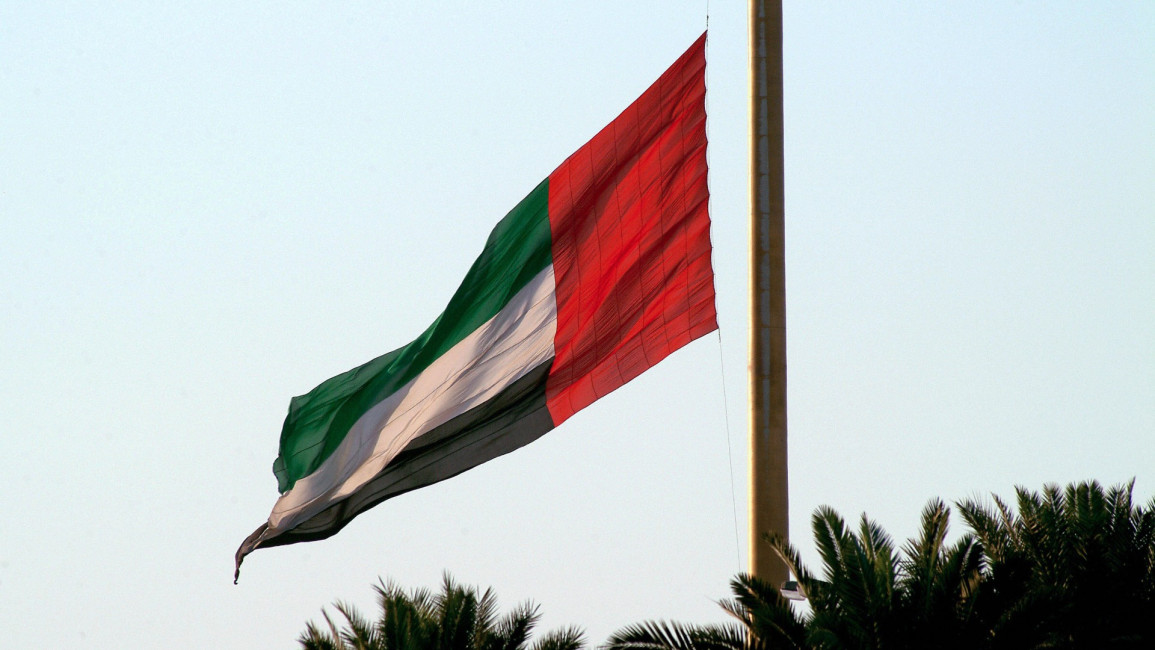UAE to open first nuclear power plant in Arab world
The UAE has substantial energy reserves, but with a power-hungry population of 10 million it has made huge investments in developing alternative power sources including solar.
The Barakah plant, located on the Gulf coast west of Abu Dhabi, had been due to come online in late 2017 but faced a number of delays that officials attributed to safety and regulatory requirements.
But the national nuclear regulator has now approved the operating licence for the first of four reactors at the plant, said Hamad al-Kaabi, the UAE representative to the International Atomic Energy Agency (IAEA).
"This is a historic moment for the UAE, making it the first Arab country in the region to operate a nuclear power plant," Kaabi told a press conference.
"This milestone was achieved due to the UAE's vision and its leadership to build a peaceful nuclear energy programme to cater for the future needs of energy in the country."
The plant is a regional first - Saudi Arabia, the world's top oil exporter, has said it plans to build up to 16 nuclear reactors, but the project has yet to materialise.
Abu Dhabi authorities said in January that the plant would start operating within a few months. No new date was given on Monday but Kaabi indicated it would happen soon.
"The full operation of Barakah plant in the near future will contribute to the UAE's efforts for development and sustainability," he said, adding that the operator would "undertake a period of commissioning to prepare for commercial operation".
The plant is being built by a consortium led by the Korea Electric Power Corporation at a cost of some $24.4 billion.
When fully operational, the four reactors have the capacity to generate 5,600 megawatts of electricity, around 25 percent of the nation's needs. The remaining three reactors are almost ready for operation.
Concerns in volatile Gulf
The Barakah plant is situated on the Emirates coast, separated from Iran by the troubled Gulf waters. It is just 50 kilometres (30 miles) from the border of Saudi Arabia, and is closer to the Qatari capital Doha than it is to Abu Dhabi.
Amid a tense confrontation between Iran and the United States over Tehran's nuclear programme, the UAE has said it will not be developing a uranium enrichment programme or nuclear reprocessing technologies.
But relations between Iran and the UAE, a staunch US ally, have deteriorated as Washington pursues a "maximum pressure" policy against Tehran and accuses it of attacking oil tankers in Gulf waters.
The UAE has repeatedly said its nuclear ambitions were for "peaceful purposes" and moved to dispel any concerns over safety.
It says it has welcomed more than 40 international missions and reviews from the IAEA and World Association of Nuclear Operators (WANO) since 2010, as proof of its commitment to transparency.
Residents living within a 50-kilometre (30-mile) radius of the Barakah plant have been instructed on emergency procedures in case of an accident.
Meanwhile, tensions between Iran and its arch foe the United States have soared since May 2018 when President Donald Trump withdrew from a nuclear deal that offered Tehran sanctions relief in return for curbs to prevent it acquiring nuclear weapons.
Iran has maintained it has no intention of acquiring nuclear weapons though it has since 2018 began breaking terms of the deal limiting its enrichment of uranium.
Follow us on Facebook, Twitter and Instagram to stay connected



